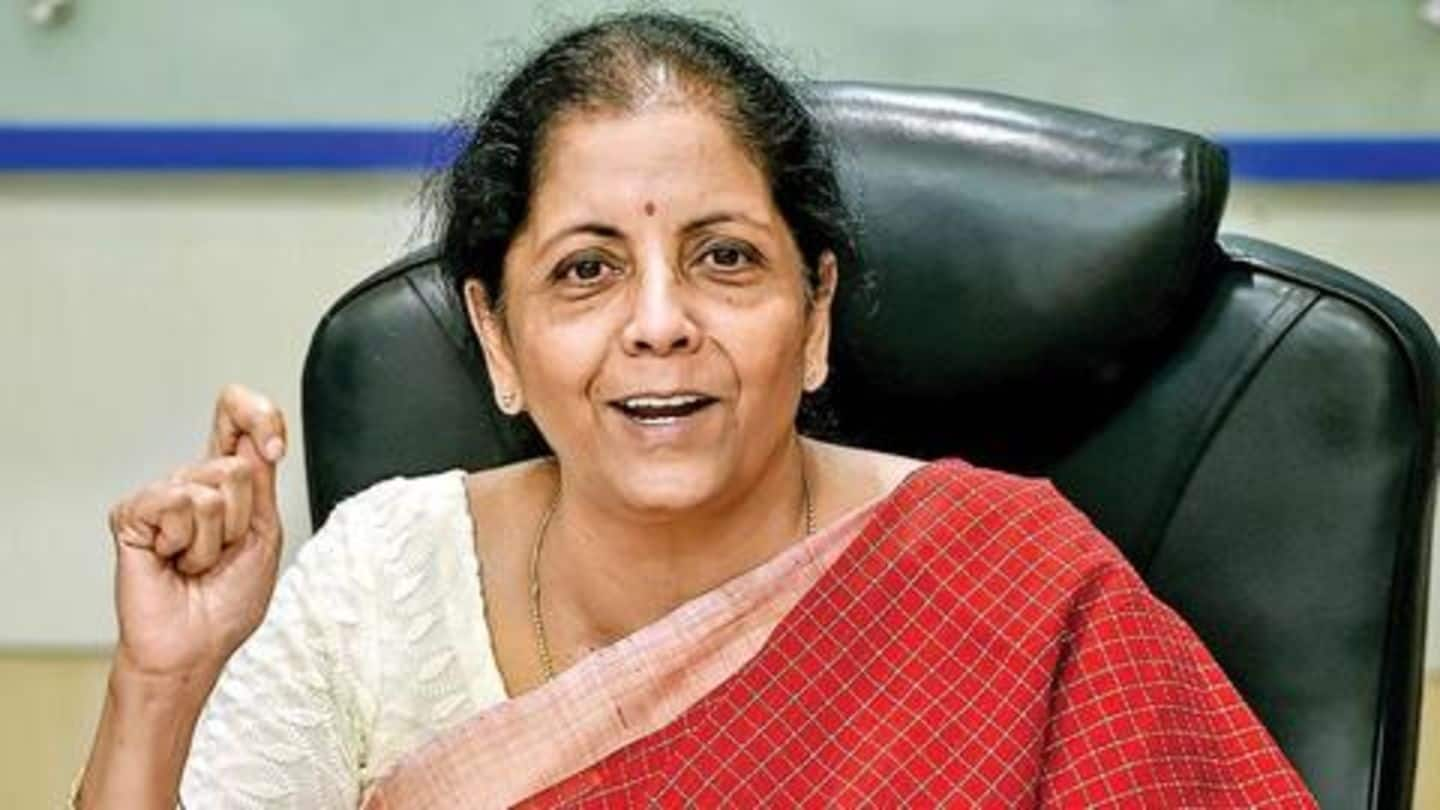
Taking a look at Union Budgets that changed India forever
What's the story
Finance Minister Nirmala Sitharaman will present her second Union Budget tomorrow, amid high hopes that her announcements will steer the country's economy, which is witnessing a historic slump, towards the right direction. As we wait for the budget, let's take you down the memory lane and shed light on some budgets, that either hit the bull's eye or missed it by a huge margin.
1947 & 1950
First budgets of independent and republic India dealt with problems
The first budget of independent India was presented by RK Shanmukham Chetty on November 26, 1947, and was meant for only seven and a half months. The decision to present a budget, when the country just got her freedom, was in itself a bold decision. On February 28, 1950, the first budget of the Republic of India was presented by Finance Minister John Mathai.
Do you know?
Planning Commission, as we know it, was Mathai's idea
It was Mathai who laid the roots for the Planning Commission, an arm of the government that deals with pressing issues. In his first independence speech in 2014, Prime Minister Narendra Modi said he intended to dissolve this body.
1957
In 1957, the Finance Minister introduced 'Wealth Tax'
On May 15, 1957, TT Krishnamachari, the Finance Minister in Congress government, presented the budget which was named the "Wealth Tax" budget. He put strict instructions on imports, increased excise rate to an enormous 400%, brought in a tax on expenditure and introduced another on railway passenger fee. For the next several decades, the tax imposed by him existed in some form or another.
1968
Morarji Desai relaxed rules that boosted manufacturing
On February 29, 1968, the then Deputy Prime Minister and FM Morarji Desai presented the "People-sensitive" budget. In a major announcement, he stopped stamping and assessment of goods, right at the factory gates. This relaxation went a long way in boosting manufacture and is practised even now. Desai is also the FM who presented the maximum number of budgets — 10.
Do you know?
Desai also removed tax that "strained" marriages
Another major announcement of Desai was that he slashed "spouse allowance", under which both husband and wife remained income taxpayers. He said an outsider can't decide who is dependent on whom and this step was taken to remove "unintended strain on the relationship of marriage".
1973
The "Black Budget" adversely affected India's coal industry
Then came 1973 when Yashwantrao B. Chavan presented the "Black Budget". He made the historic blunder of providing Rs. 56 crore for nationalizing coal mines. By bringing coal under a single entity, Chavan didn't leave any room for competition. Rarely was any new technology introduced and corruption became the order of the day. The adverse decisions affect India even now - we still import coal.
1991
Dr. Manmohan Singh liberalized Indian economy
On July 24, 1991, former PM Dr. Manmohan Singh, who was the FM then, opened the Indian market for the world when the economy was struggling. Import licensing was brought down and exports were promoted. It was due to his decision that India is seen as one of the fastest-growing economies of the world. No budget after that has been so reform-centric.
1997
P Chidambaram presented the "Dream Budget", slashed taxes
In a bid to put more money in the pockets of Indians, P Chidambaram presented the "Dream Budget" on February 28, 1997. He brought down personal income tax rates from 40% to 30%, and also reduced corporate taxes. The Congress leader also launched the Voluntary Disclosure of Income Scheme to bring attention to black money. Courtesy his steps, personal income tax collection went up.
2000
At onset of new millennium, India's confidence swelled
Yashwant Sinha, who is no longer associated with BJP, was the FM in the NDA rule of 2000. He presented what was famously called "Millennium Budget" on February 29, 2000. He discontinued Dr. Singh's announcement of making income from software exports tax-free. It was initially meant for three years and then extended to perpetuity. By junking it, Sinha boosted India's IT industry.
2005
In second stint as FM, Chidambaram introduced MNREGA and RTI
Chidambaram came back as FM in 2004 and a year later presented the "Aam Aadmi" Budget. Other than lowering income tax rates and customs duty, the Congress veteran introduced Mahatma Gandhi National Rural Employment Guarantee Scheme or MNREGA, which underlined that unemployed people will get 100 days of employment. It was in this budget that Right to Information (RTI) was introduced.